Iranians face retribution after World Cup loss against USA: experts
Iran’s national soccer team faces retribution in the Islamic Republic after coming up short in Tuesday’s showdown against the United States, experts told The Post.
Mike Baker, a former CIA covert operations officer, said the Iranian players are stuck in an “untenable position” after their much-hyped match against the United States, which defeated Iran 1-0 to advance to the knockout round of 16.
“Given what we’ve seen from the Iranian regime … they’ve shown themselves to be brutal and there’s no reason to believe they’re going to suddenly become rational,” Baker said.
In their opening match against England last week, Iran’s players declined to sing their national anthem in an apparent protest over the death of 22-year-old Mahsa Amini, who was allegedly beaten in police custody for failing to properly wear a hijab in September.
And although Iran’s players sang their national anthem Tuesday, a win against the US would have helped ease their prior transgression, Baker said.

“The regime would have used them for their own purposes,” Baker told The Post. “They would have spent all the focus on the victory, defeating ‘The Great Satan’ or whatever clever phrases they come up with.”
On Monday, CNN reported that families of the Iranian team were threatened with imprisonment and torture if the players failed to “behave” before their match against the US. Iranian players were forced to meet with the Iranian Revolutionary Guard Corps after demonstrating before the England game, the report added.
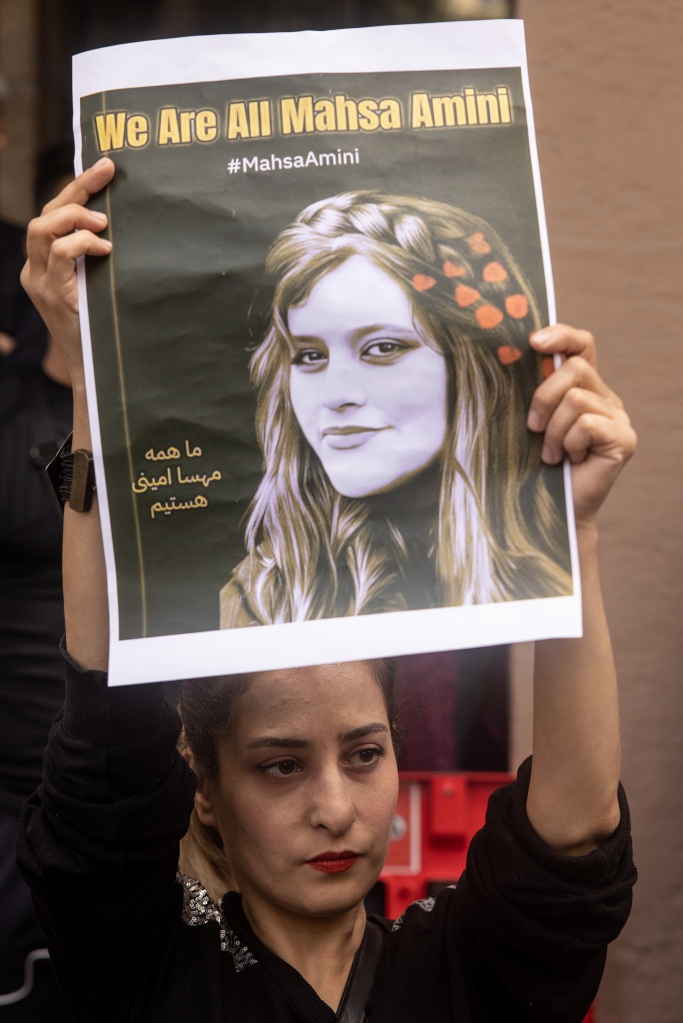
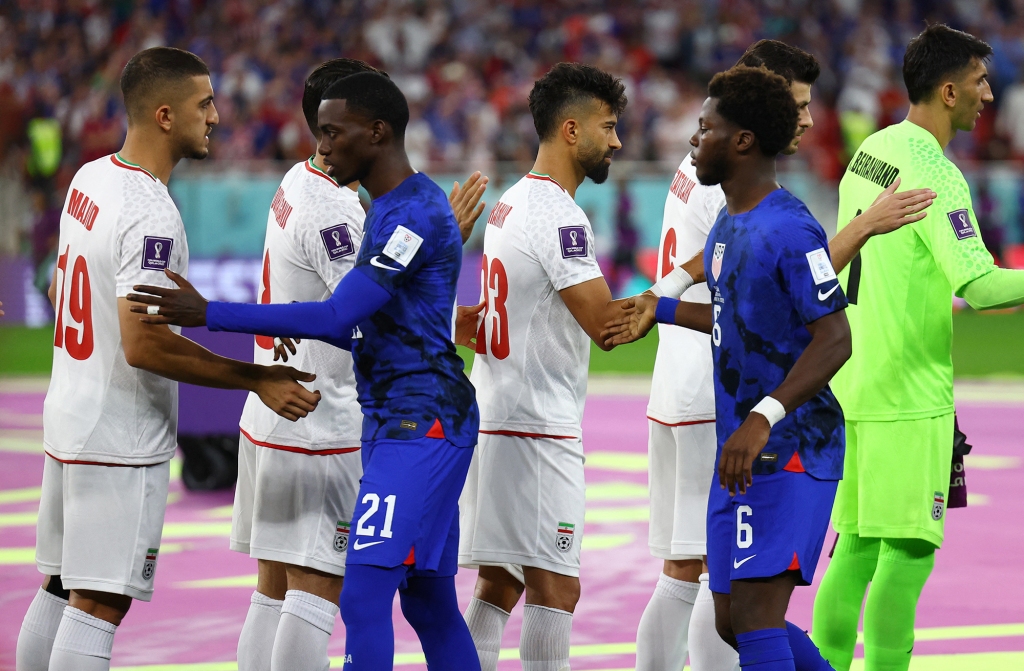
Elnaz Rekavi, an Iranian rock climber, is reportedly under house arrest in her home country for competing abroad in October without a mandatory hijab — which many perceived as a gesture of support for Amini. Rekabi, 33, was threatened with the seizure of her family’s property unless she made a “forced apology,” according to reports.
Now, the Iranian team could face fines or even arrest in the wake of Tuesday’s defeat once they arrive home — as retaliation for their disloyalty and their failure to beat the enemy, Baker said.
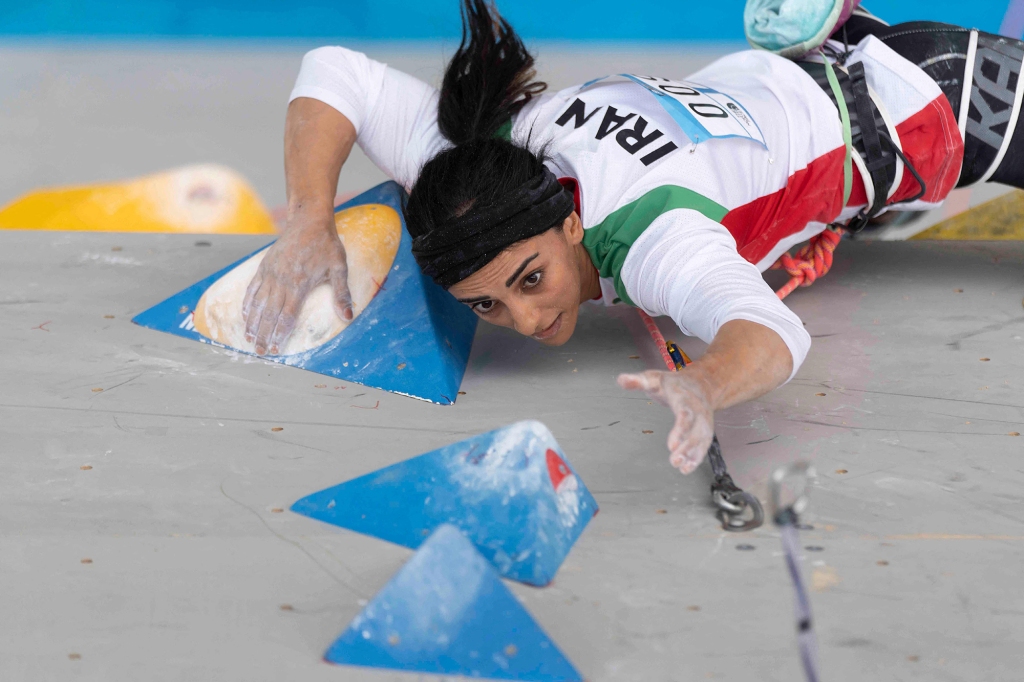
“Neither is good if you’re an Iranian player upon returning home,” he added.
The Iranian players endured a “tremendous amount of pressure” prior to the game, including criticism from protesters in Iran who believe they have not been vocal enough against the regime, according to Baker, who now works as CEO at Portman Square Group, a global intelligence firm.
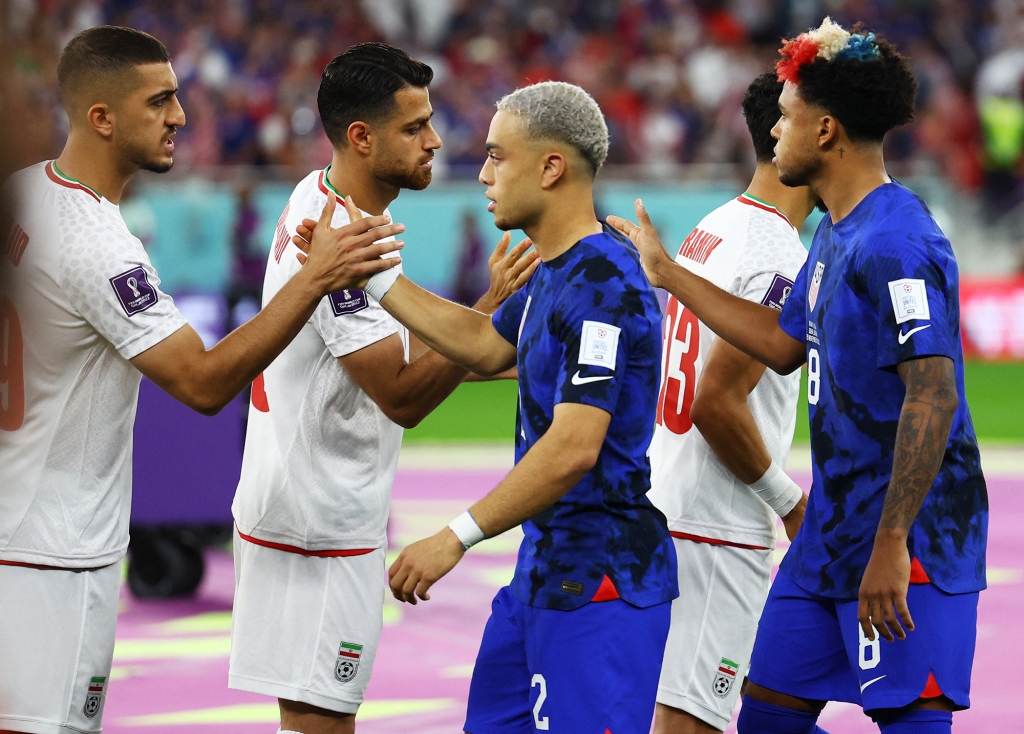
Iran has been rocked by furious anti-government protests since Amini’s death. As of Monday, 451 protesters have died during clashes with authorities, including 64 children, according to nonprofit group Human Rights Activists in Iran. Iran’s ruling clerics are singularly focused on ending the rampant unrest that has erupted in 157 cities across the country since mid-September.
The Iranian players could possibly defect to other nations, although that isn’t likely as leaving relatives behind would be especially difficult, Baker said.
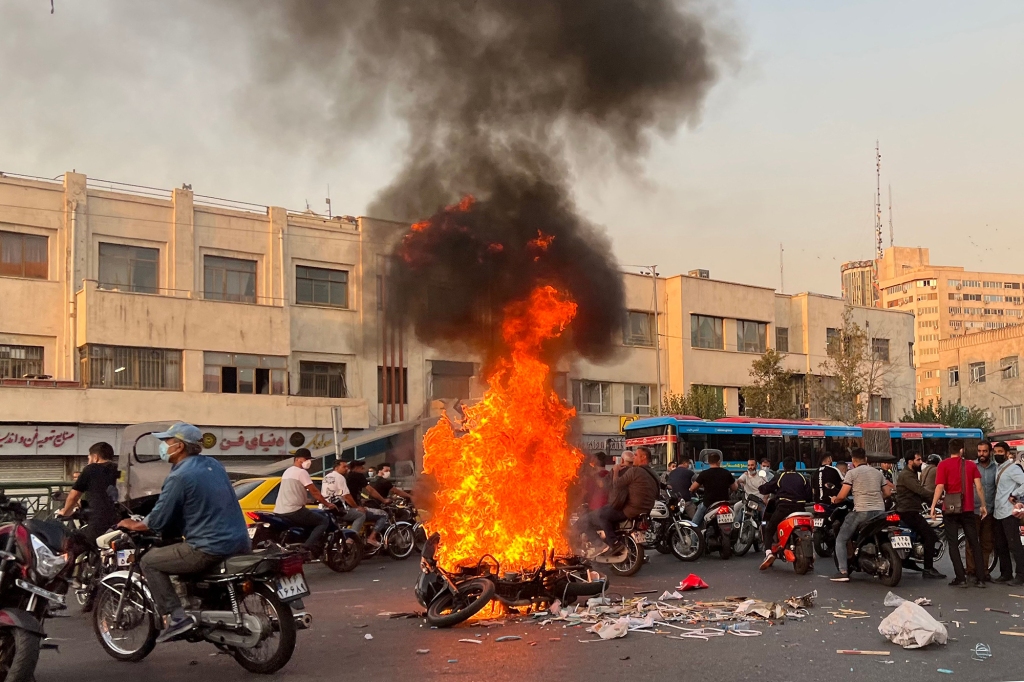
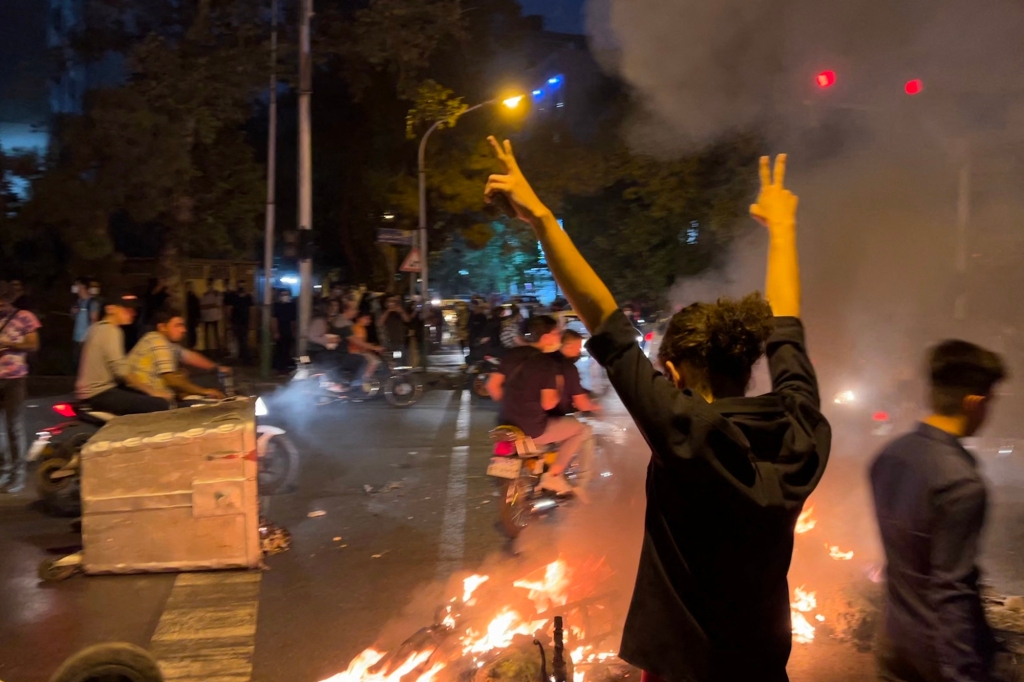
“It’s hard to put ourselves in that position,” he continued. “You’re putting your family and friends at risk when you do that, but I wouldn’t be surprised if a number of the players have been thinking about it.”
Kenneth R. Timmerman, an author and Iran expert, said the fate of the Iranian players had already been decided prior to Tuesday’s match, “because they’ve already committed that sin” of not singing the anthem.
“I would be afraid of arrest,” Timmerman said. “Even if they had won, they would have been arrested, soundly beaten and warned, ‘Don’t ever do this again.’”
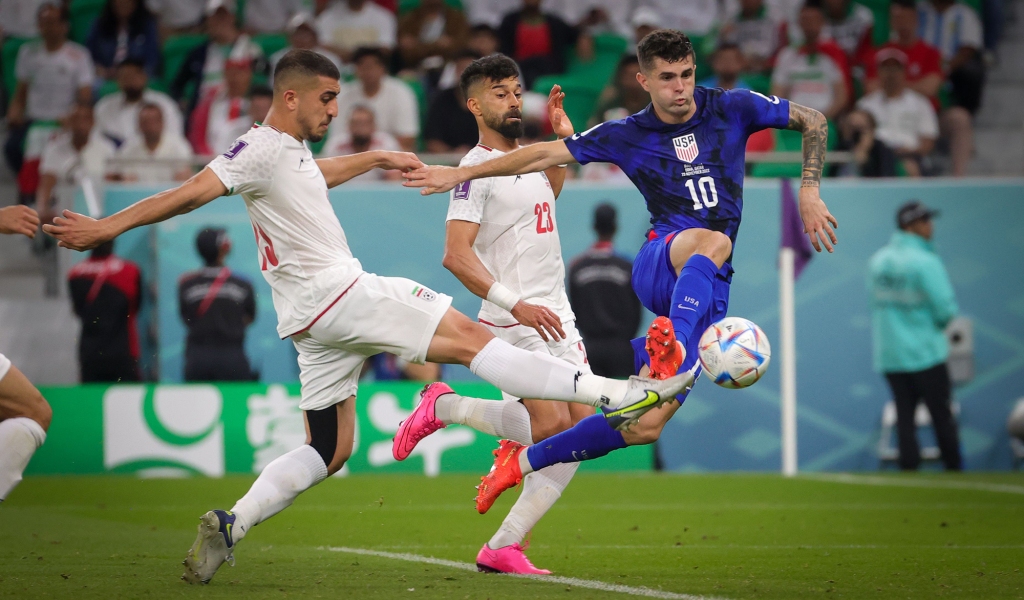
Fatemeh Aman, a fellow at the Middle East Institute, a Washington-based think tank, said she didn’t believe Iran’s team will face any kind of retribution after Tuesday’s loss. That may have been different if one or two players had refused to sing the anthem prior to the US match, but she believes the team’s unity, all singing together, will protect them.
“You can’t arrest the entire national team at the same time, you can’t do that,” Aman said.
However, if any single player is deemed to be supportive of the demonstrations in Iran, he could see his passport confiscated or face potential fines, Aman said.
“I think the Iranians feel sorry for them,” Aman said of the national team. “They are in a really, really hard position, a really bad position.”
Read the full article Here


